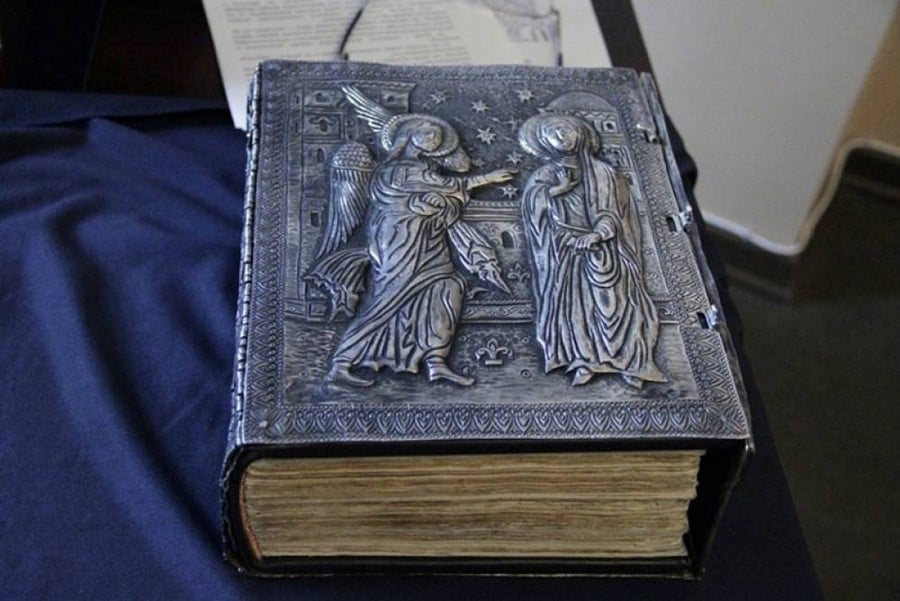Throughout the Bible, the concept of the “fullness” or “measure” of sin appears repeatedly. The translations may differ, but the idea remains clear: when a society’s sins reach a certain threshold, divine punishment follows. Consider this passage: “In the fourth generation they will return here, for the sin of the Amorites has not yet reached its full measure” (Genesis 15:16). Here, God tells Abraham that his people have sinned—strayed from righteousness, succumbed to inner discord, and thus ended up in Egypt. But their sins have not yet reached the point of no return. There is still hope: the fourth generation will have the opportunity to return to the land of Canaan.
A similar idea appears in the Gospels, and Christ, at times, employs sarcasm in his rebukes. Addressing the scribes and Pharisees, He says: “Fill up, then, the measure of your fathers’ sins” (Matthew 23:32). In other words, their ancestors sinned, but not to the point of completion. The current generation, however, is “finishing the job” with their hypocrisy and malice. (Incidentally, the word “sin” — or грех in Russian — originally meant “error” or “mistake.”)
The Bible also presents the opposite logic: a nation or city may be spared if enough virtuous people live within it. “If I find fifty righteous people in the city of Sodom, I will spare the whole place for their sake” (Genesis 18:26). So, the presence of good people can prevent destruction.
Naturally, the question arises: what exactly is the “measure” of sin or righteousness that determines a nation’s fate? That is a very human question. But fortunately—or unfortunately—we do not have an exact answer. Just as we do not know when the so-called “last days” will arrive, theologians offer different interpretations. Personally, I lean toward the idea of free will. If salvation were a matter of mathematical calculation—say, helping your grandmother cross the street ten times and lying to a friend only once—then we’d all simply do the math. Our actions would no longer stem from freedom, but from self-interest. The same goes for knowing the exact date of the end times: sitting and waiting for Friday to bring the apocalypse sounds more like sectarianism than spiritual vigilance.
Read also
Still, while we may not know the “measure,” we do know the direction. We can tell whether a step leads toward solidarity or division, hostility or compassion—the very distinctions Christianity teaches us to recognize. And this applies not only to government officials or journalists, but to every person in every profession, in every moment.
Let me go further, even if this displeases some: a certain critical mass of decent, morally grounded people not only helps prevent a society’s destruction, but also enables the emergence of a non-destructive government. Here’s a simple example. People with certain psychological or moral ailments seem to enjoy listening to figures like Pashinyan or Dog, as they take pleasure in vulgarity—a clear sign of spiritual pathology. Now imagine a country where such behavior is marginalized, where being educated and respectful is “trendy.” In that kind of society, I am convinced, Pashinyan’s government wouldn’t last long.
Aram ABRAHAMYAN



















































